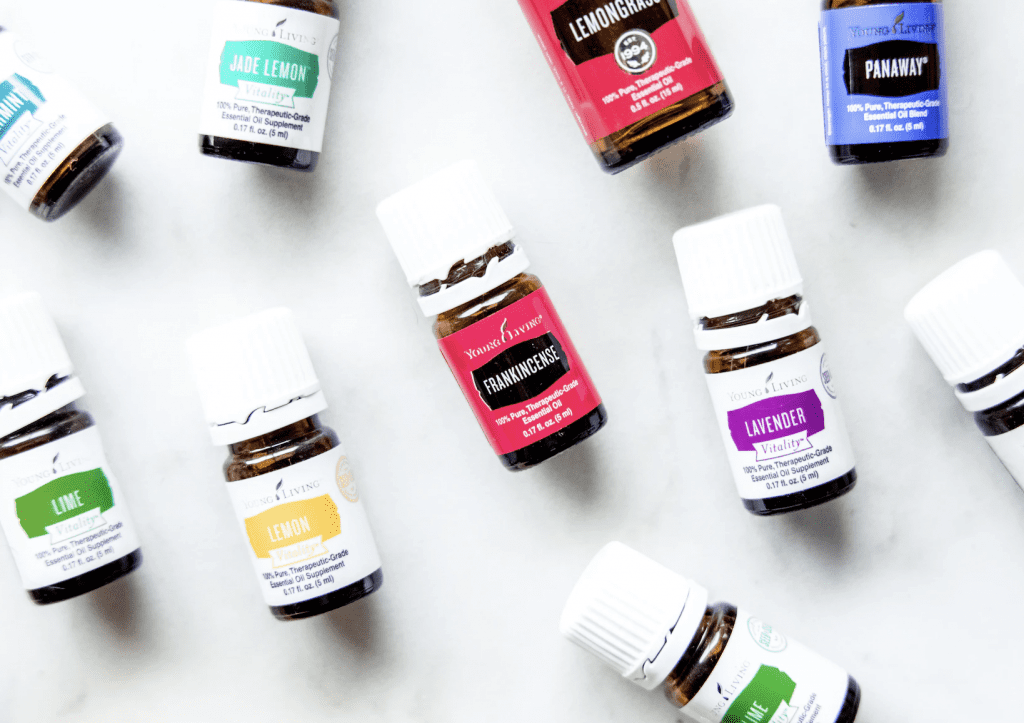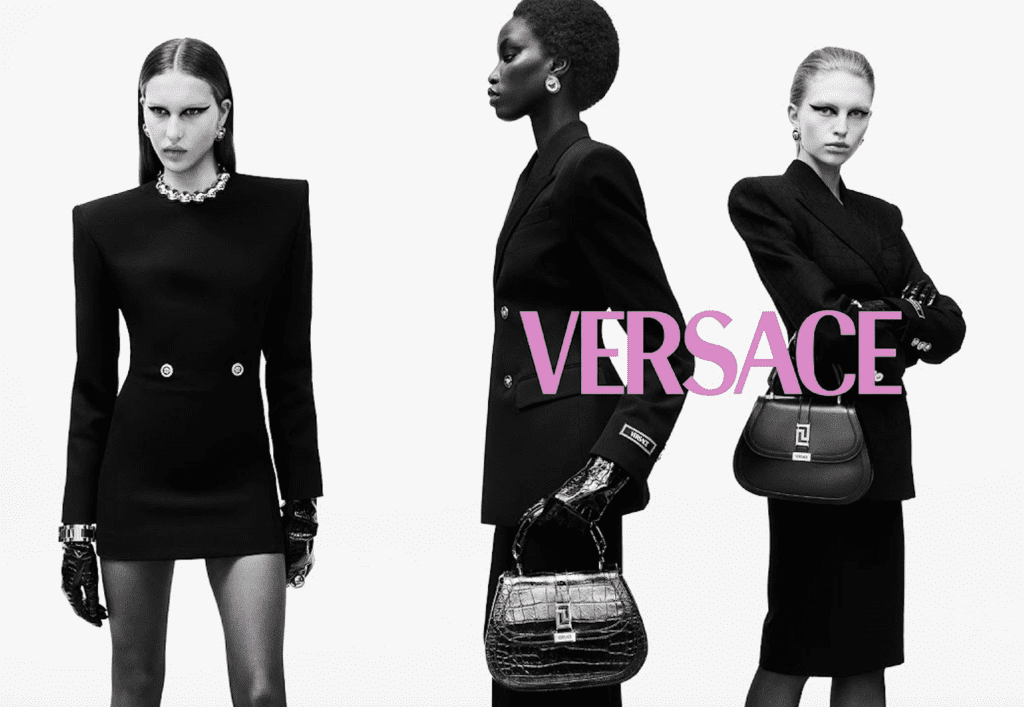A New York federal appeals court has revived claims in a consumer fraud and false advertising class action lawsuit and provided a close look at puffery in the Second Circuit in the process. In a decision early this month, the U.S. Court of Appeals for the Second Circuit reinstated claims that plaintiff Lori MacNaughton waged against Young Living Essential Oils, in which she argued that the multi-level marketing company deceptively offered up its essential oil products by falsely labeling them as “100% therapeutic-grade” and as “confer[ring] health and medicinal benefits.” The Second Circuit determined that the district court erred in dismissing MacNaughton’s claims as “run-of-the-mill puffery” without engaging in discovery to assess “how a reasonable buyer would react to the relevant statements.”
Setting the stage its May 2 decision, the Second Circuit stated that “companies have some latitude when marketing their products, but there are limits,” and two such limits come by way of New York General Business Law (“GBL”), which prohibits Deceptive Acts and Practices, and False Advertising. These two statutes require a plaintiff to show that the defendant “engaged in” (1) consumer-oriented conduct that is (2) materially misleading and that (3) plaintiff suffered injury as a result of the allegedly deceptive act or practice.” The court also noted that one defense against allegations of materially misleading statements is that the underlying statements are “mere puffery,” which cannot form the basis of such a claim.
(On the misleadingness front, the Second Circuit was persuaded by MacNaughton’s citation of “conclusions reached by the NAD, the NARB, and the three studies, [which all] found insufficient evidence for the conclusion that aromatherapy is an effective treatment for anxiety and other conditions.” And in terms of injury, the court maintained that MacNaughton sufficiently alleged that “the price of the product was inflated as a result of [Young Living’s] deception,” prompting her and others to pay more than they otherwise would have.)
The Two Types of Puffery – Citing its decision in Int’l Code Council, Inc. v. UpCodes Inc.” (which came after the district court’s decision in the Young Living lawsuit), the Second Circuit identified two types of puffery: “(1) subjective statements that cannot be proven true or false and are therefore non-actionable puffery as a matter of law and (2) objective statements that can be proven true or false but are so exaggerated that no reasonable buyer could justifiably rely on them. “
The first type of puffery – which encompasses “subjective statements of opinion which cannot be proven false” – “often manifests as ‘exaggeration[s] or overstatement[s]’ that mention ‘nothing specific,’ but rather amount to ‘general claim[s] of superiority’ ‘expressed in broad, vague, and commendatory language’ that are ‘considered to be offered and understood as an expression of the seller’s opinion only.’” The second type of puffery involves “‘exaggerated, blustering, and boasting statement[s]’ that are objective – and therefore, technically provable – but ‘upon which no reasonable buyer would be justified in relying.’”
Here, Young Living’s statements about its “therapeutic-grade” oils having health and medicinal benefits are “both provable and not ‘so patently hyperbolic that any allegations that it misled consumers are facially implausible,’” according to the Second Circuit. “Therapeutic-grade,” for instance, is “not a subjective or vague term, but rather one that represents the item possesses a degree of quality as to produce healing,” the court held. And considering the phrase in context, only furthers that decision, with the court finding that “along with the ‘therapeutic-grade’ label, Young Living promised that each product would produce particular medicinal or physical effects, such as ‘promot[ing] a sense of clarity and focus.’” Not only are these claims “all provable … they are not so patently hyperbolic that it is implausible for a reasonable consumer to be misled.”
As for an example: The Second Circuit again pointed to Int’l Code Council, in which it held that an ad representing that “a certain gum permits consumers to blow a bubble as big as the moon” would be “ripe for dismissal on puffery grounds.” That is distinct, according to the court, from a situation where the company “falsely advertised that you could ‘blow a bubble bigger than your own head,’” in which case, “it is plausible that a reasonable buyer could be misled.”
The court also asserted that its holding in Int’l Code Council requires the statements here to be subject to a “fact-intensive inquiry” on how a reasonable buyer would be affected, an inquiry that “typically should not be resolved on a motion to dismiss.” As such, the Second Circuit held that the lower court was wrong to dismiss the New York GBL claims in MacNaughton’s lawsuit against Young Living, which will now be revived and subject to discovery.
THE BIGGER PICTURE: The Second Circuit’s decision is a notable one given that puffery is consistently being raised as a defense in the context of mounting lawsuits over sustainability/ESG marketing statements – and with mixed results. A number of courts have tossed out claims that center on companies’ aspirational statements, for instance, including about their diversity “goals,” on the basis that such statements are puffery that could not be objectively verified. In Ocegueda v. Zuckerberg, for instance, Magistrate Judge Laurel Beeler of the U.S. District Court for the Northern District of California held in March 2021 that the plaintiffs did not plead a materially false statement because Facebook’s commitment to diversity was vague and aspirational and therefore, “non-actionable puffery.”
On the other hand, in the sustainable products/operations context, a judge for the U.S. District Court for the Northern District of Illinois refused to toss out false advertising claims against ALDI last year over the supermarket chain’s “Simple. Sustainable. Seafood.” Label. ALDI argued that the context of the use of the word “sustainable” on its packaging made it mere puffery, but the court disagreed, finding that the claim “attempts to connect its product to at least some environmental benefit.” As a result, “a reasonable inference can be made that ALDI’s label suggests, at a minimum, that its product is made in such a way that minimizes negative impact to the environment, which can be actionable as something beyond puffery.”
The key takeaway from the round of the ALDI case was that while certain sustainability/ESG claims may seem vague – and/or aspirational – and thus, like puffery, if a reasonable consumer could view such a statement to mean something specific/ create a consumer expectation, then the advertiser will need substantiation for the claim.
More broadly, there is “a good chance that a court or a regulator will see a ‘sustainability’ claim as communicating a general claim about the environmental benefits provided by the product,” Frankfurt Kurnit Klein & Selz’s Jeff Greenbaum stated at the time of the ALDI decision, urging marketers not to “just assume that the statement is puffery, and that no substantiation is required.”
The latest round in the Young Living lawsuit – which suggests that the applicability of the puffery defense may still be pretty narrow – seems to add further support that approach, per Baker & Hostetler’s Linda Goldstein, Daniel Kaufman, Amy Ralph Mudge, and Randal Shaheen, who note that even if courts continue to find puffery more readily that the FTC or the NAD do, it is still “risky business to rely on puffery as your only defense and preferable to also have substantiation to back your claims.”
The case is MacNaughton v. Young Living Essential Oils, LC, 5:21-cv-00071 (SDNY).











